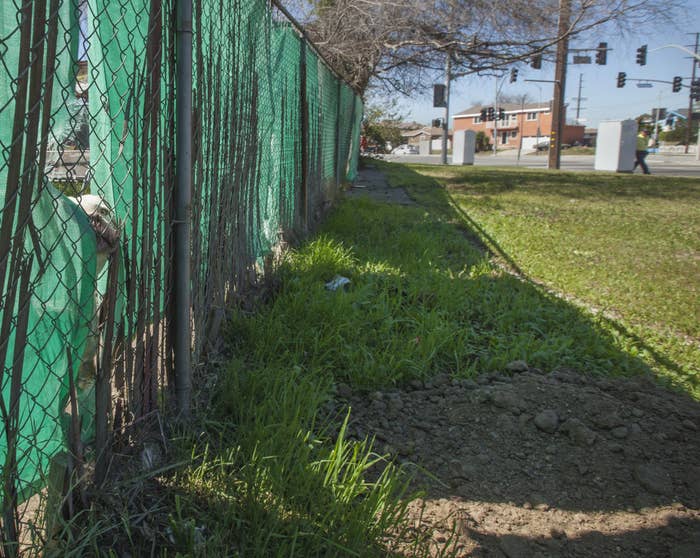
The California Supreme Court on Monday rejected a blanket ban in San Diego County on where sex offenders can live.
Jessica's Law, which was approved by voters in 2006, forced sex offenders to live more than 2,000 feet from schools and parks, even if their crime did not involve children.
Supporters argued that the residency restriction keeps children safe from sexual predators. But in striking down the provision, the high court found that the ban greatly restricts sex offenders' access to housing, contributing to their rate of homelessness, the Associated Press reported. The court also ruled that the ban deprived sex offenders of access to parolee services.
The ruling, which upholds a lower appeals court decision, applies only to San Diego County, but could affect how sex offenders are placed throughout the state.
Opponents to the blanket ban contend that it forces offenders onto the street or away from their families, making them more likely to reoffend.
The state Supreme Court, though, said sex offenders could still be forced to live more than 2,000 feet from schools, but that the decision would have to be made on a case-by-case basis.

The ruling, which upholds a lower appeals court decision, applies only to San Diego County, but could affect how sex offenders are placed throughout the state.
Some cities have even used the law to clear neighborhoods of sex offenders by building small parks nearby.
In a separate but related ruling on Monday, the high court said the residency restrictions on sex offenders did not constitute punishment.
The justices upheld a law that allows judges to require convicts to register as sex offenders even if they have not been convicted of a sex-related crime, the AP reported.
